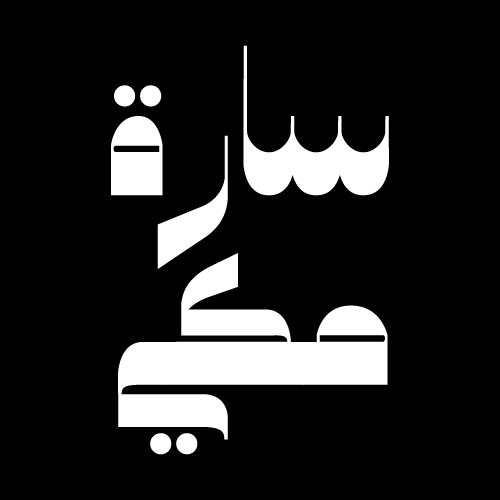
As a professional translator, Sarah Maki is well-versed in the art of navigating the intricacies of language and culture. With expertise in Arabic, German, and English translation, Sarah has honed her skills to master the trifecta of languages, enabling her to deliver accurate and nuanced translations across diverse linguistic landscapes. In this article, we’ll delve into some valuable tips and tricks for mastering Arabic, German, and English translation, drawing from Sarah’s wealth of experience and expertise.
- Embrace Cultural Immersion: Understanding the cultural context behind a language is crucial for producing high-quality translations. To master Arabic, German, and English translation, immerse yourself in the cultures associated with each language. This could involve reading literature, watching films, listening to music, or engaging with native speakers. By familiarizing yourself with the cultural nuances and social conventions of each language, you’ll be better equipped to produce translations that resonate with the target audience.
- Build a Strong Vocabulary: A robust vocabulary is essential for effective translation. To expand your vocabulary in Arabic, German, and English, make use of language-learning resources such as dictionaries, vocabulary lists, and flashcards. Pay attention to idiomatic expressions, slang terms, and regional variations, as these can greatly enrich your translations. Additionally, consider specializing in specific subject areas to develop domain-specific terminology and expertise.
- Hone Your Linguistic Skills: Linguistic proficiency is the foundation of successful translation. Sharpen your language skills by practicing reading, writing, listening, and speaking in Arabic, German, and English on a regular basis. Pay attention to grammar, syntax, and pronunciation, and strive for accuracy and clarity in your translations. Consider enrolling in language courses, attending workshops, or participating in language exchange programs to further enhance your linguistic abilities.
- Stay Updated on Translation Techniques: Translation is a dynamic field that continuously evolves with advancements in technology and changes in language usage. Stay updated on the latest translation techniques, tools, and trends by attending conferences, webinars, and professional development courses. Familiarize yourself with computer-assisted translation (CAT) tools, machine translation, and terminology management systems to streamline your workflow and improve efficiency.
- Practice, Practice, Practice: Practice is key to mastering any skill, and translation is no exception. Set aside dedicated time each day to practice translating texts from Arabic, German, and English into your target language(s). Start with simple texts and gradually increase the complexity as you gain confidence and proficiency. Solicit feedback from peers, mentors, or language professionals to identify areas for improvement and refine your translation skills.
- Cultivate Cultural Sensitivity: Cultural sensitivity is essential for producing culturally appropriate translations that resonate with the target audience. Respect cultural norms, customs, and sensitivities when translating texts from Arabic, German, and English. Consider the cultural connotations of words and phrases, and adapt your translations accordingly to ensure that the message is conveyed accurately and respectfully.
In conclusion, mastering Arabic, German, and English translation requires a combination of linguistic proficiency, cultural immersion, and continuous practice. By embracing cultural immersion, building a strong vocabulary, honing your linguistic skills, staying updated on translation techniques, practicing regularly, and cultivating cultural sensitivity, you can become a skilled and successful translator like Sarah Maki. With dedication and perseverance, you’ll be well on your way to mastering the trifecta of languages and delivering exceptional translations that captivate and resonate with audiences worldwide.
